Yes.
Technically we could just end the blog there, but then what help would that be? Simply put, blogging is one of the most important parts to getting your website’s engagement levels up and traffic flowing, but it’s often overlooked in the healthcare space. If you’re unsure of why it’s so crucial to your online marketing campaign, here are some helpful tips…

Read more



